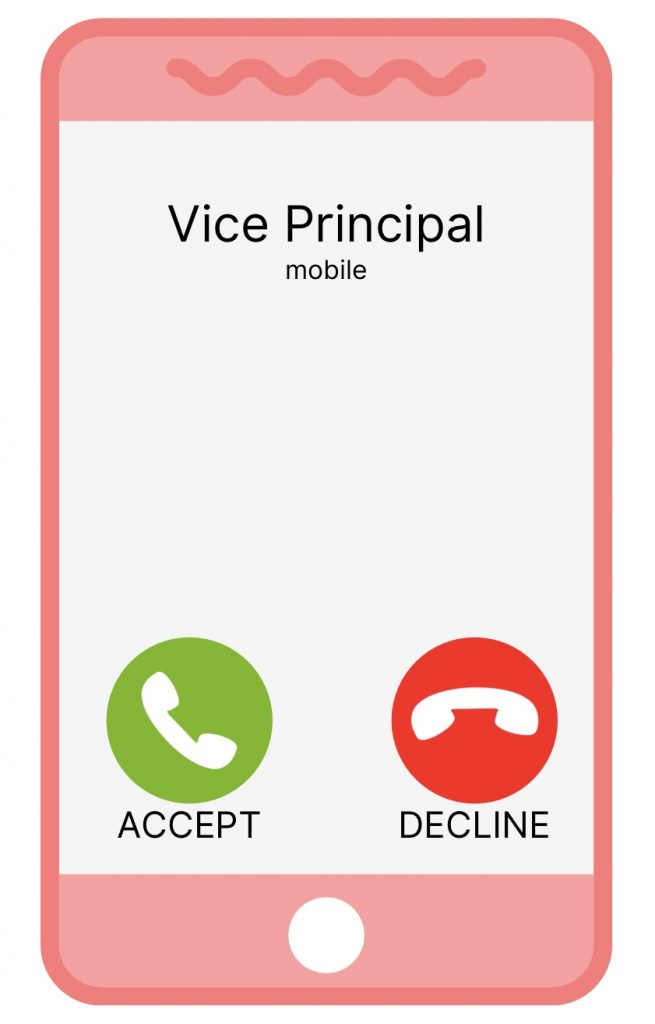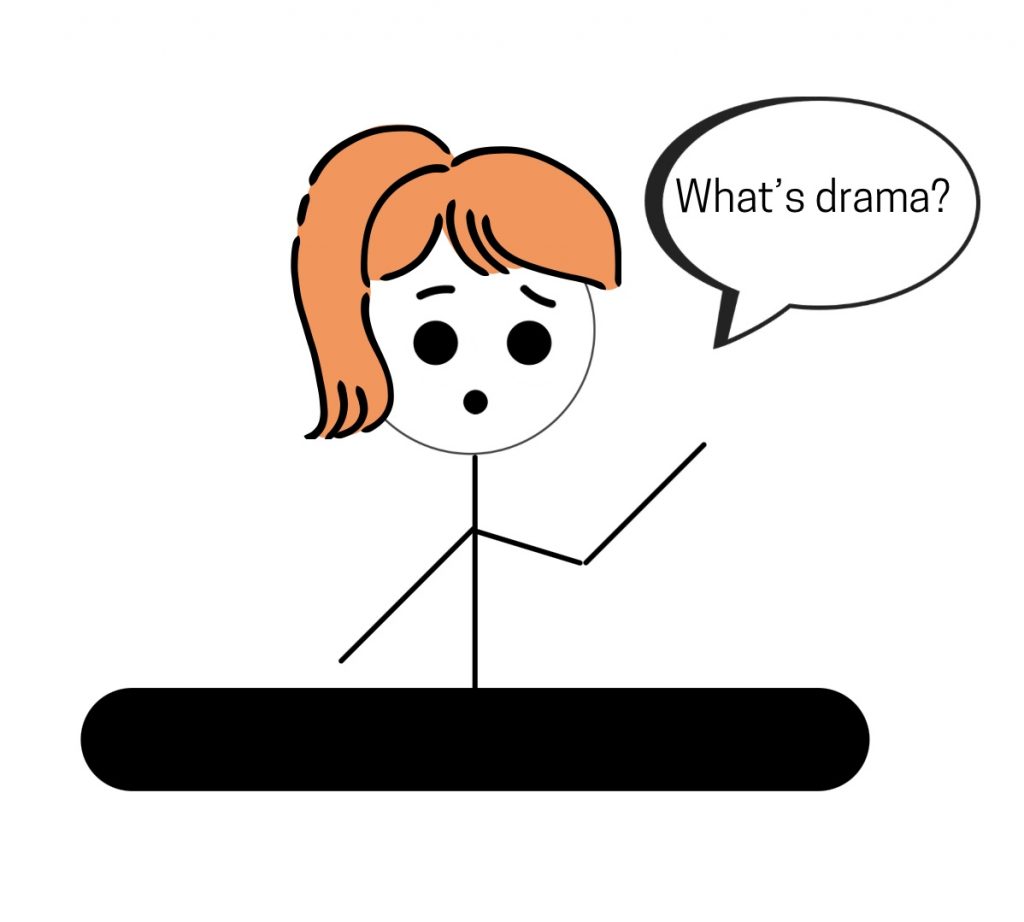Teaching: Set for life or stuck for life?

My work placement in St. James’s Primary School is more than beneficial to my long-term goal of being a teacher, however this is not to say it was a smooth experience. Throughout this blog, I will use Gibb’s Reflective Cycle to evaluate the difficulties I experienced in the first few weeks of being ‘Miss. Rafferty’. I have decided to use this cycle as more simple reflection techniques “often lurch from superficial descriptions of what happened to premature conclusions about what to do next, without adequate reflection or analysis[1] which will result in a mediocre reflection. The utilisation of a reflection ensures that I will learn from my experiences as “Without reflecting upon this experience it may quickly be forgotten, or its learning potential lost.”[2]. For my first blog post I will focus on the first few weeks of my work placement in St. James’s.

I volunteered in this school several times before this module. It’s a school of mixed abilities and there is a diverse cultural background behind the pupils. Since I had been in the school before, I already had the necessary contacts and unlike most jobs or placement providers, I didn’t need to provide a CV or go through an interview process. The only task I needed to complete before starting the placement was to have a brief phone call with the vice principal to explain what I wanted out of this experience. I explained that I wanted to shadow a teacher and take a short drama lesson with the class. The vice principal agreed and admitted that the school does little to no drama activities so they’d be grateful for anything I could provide and would love if I could create an after school drama club. Although this would be an excellent opportunity for myself and the pupils, I kindly denied the offer as I did not have enough experience to hold my own club for multiple children. We then decided that shadowing and taking a short lesson once a week in a primary 5 classroom would be best, as I had never worked with this age group before, and the class teacher could use the extra hand.

Upon entering the classroom, I realised just how dramatically deprived the pupils were, with one child asking, “what’s drama?” To say I was shocked was an understatement. The class is more than a handful and with their teacher straight out of a PGCE they were thankful for some overdue help. We discussed and agreed that Drama would aid in releasing built up energy. When it came to planning a lesson, I realised I had very little material. I thought the best thing to do would be to go into previous material from my ‘Educational Drama’ module last year. In the curriculum it states, “Throughout the primary stages, teachers should help children to: develop self-confidence, self- esteem… and understand their own and others’ feelings and emotions…”[3] meaning I was able to incorporate my activities with the development of confidence and understanding emotions. The class novel for the first term is Charlotte’s Web so I thought it would be best to start with an activity relating to that as they already had a considerable understanding of the plot. I decided on hot seating as it would enable a substantial grasp of characterisation and provide an engagement with emotion and character relationships.[4] Feedback from the teacher ensured me that the activity fit perfectly with their specification and that I should “be more confident in myself”. This activity was a form of testing the waters as I was unsure of their abilities, so from this, I decided that next time I should include more acting and build the difficulty as I know each pupil is capable of something slightly more advanced.
As weeks went on, I decided to introduce them to freeze frames and tableaux. Recently, I did an activity with the kids which related to kindness, the school value of the month. I asked them to create a tableau in groups of five to represent an act of kindness. I thought that this would be a great activity to use after PE to calm them down and settle them for going home. I was wrong. Three out of the four groups did not listen, they laughed and joked and didn’t take it seriously. Their teacher and I were incredibly disappointed especially since they usually enjoy my activities and pay attention to them. To reward the one group that cooperated and listened to the instructions we gave out points which add up to win a prize at the end of the week. As a result of this, they were well behaved for the following week when I did a short acting activity on bullying for Anti-bullying week.

I came into this Placement with a positive mindset and attitude. This depleted when I saw the low morale. The staff complain about the principals bad management, the lack of work/life balance and the failure to listen to the staff concerns. However, I decided I would look beyond the sad faces and focus on learning beneficial skills which are necessary for teaching. This was hard to do especially when talking to other teachers who were ‘fed up’ with their job. I assumed this was based on low morale as “Teacher morale could suffer due to the constant stress of trying to meet educational goals, or due to a change in leadership or policies.”[5]. The staff room is like a therapy room, they discussed their worries and concerns for their classes and jobs in general along with giving me advice. One was telling me that teaching will have me set for life which I agreed it would be an amazing profession. However, another teacher chimed in with the remark, “Set for life? More like stuck for life!”. A group of teachers then continued to joke about rethinking my career path as they said I would not enjoy it. This irritated me because I’ve always wanted to teach, and I genuinely enjoy my time in the classroom even though the class are sometimes hard to handle. I want to be optimistic because really, this class is giving me an unforgettable experience. At the end of this placement, I will have great disciplinary skills, experience with teaching kids with learning difficulties and being thrown in at the deep end means that hopefully, it all gets easier from here.
[1] Graham Gibbs, Learning by Doing (Oxford: Oxford Brookes University, 2013), p. 49.
[2] Graham Gibbs, Learning by Doing: A Guide to Teaching and Learning Methods (Oxford: Oxford Further Education Unit, 1988).
[3] Northern Ireland Curriculum, Northern Ireland Curriculum Primary (2007) <ihttps://ccea.org.uk/downloads/docs/ccea-asset/Curriculum/The%20Northern%20Ireland%20Curriculum%20-%20Primary.pdf> [accessed: 18th November 20221].
[4] Michael Theodorou, Teach Primary (2011) <https://www.teachprimary.com/learning_resources/view/primary-resource-hotseating-in-drama> [accessed 17th November 2021].
[5] Govindarajan Krishnamoothi, ‘Teachers Morale’, International Journal of Behavioral Social and Movement Sciences, 1,2, (2012), 57-61 (p.57).
BIBLOGRAPHY
Education Support, Getting the Right Work-Life Balance (2021) <https://www.educationsupport.org.uk/resources/for-individuals/guides/getting-the-right-work-life-balance/> [accessed: 17th November 2021]
Gibbs, Graham, Learning by Doing (Oxford: Oxford Brookes University, 2013)
Gibbs, Graham, Learning by Doing: A Guide to Teaching and Learning Methods (Oxford: Oxford Further Education Unit, 1988)
Krishnamoothi, Govindarajan, ‘Teachers Morale’, International Journal of Behavioral Social and Movement Sciences, 1,2, (2012), 57-61
Northern Ireland Curriculum, Northern Ireland Curriculum Primary (2007) <ihttps://ccea.org.uk/downloads/docs/ccea-asset/Curriculum/The%20Northern%20Ireland%20Curriculum%20-%20Primary.pdf> [accessed: 18th November 20221]
Readman, Geoff, Drama & Theatre (2020) < https://www.dramaandtheatre.co.uk/features/article/of-primary-importance> [accessed: 17thNovember 2021]
Theodorou, Michael, Teach Primary (2011) <https://www.teachprimary.com/learning_resources/view/primary-resource-hotseating-in-drama> [accessed 17th November 2021]
You May Also Like

Facing Avoidance
26 November 2021
Assumption – the Parent of Confusion
24 November 2021
